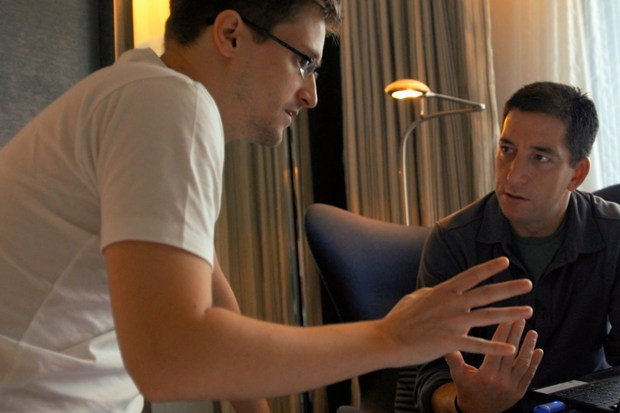CIA repeats claim that Vault 7 leaks endanger US lives but offers no evidence
Intelligence officer says latest Wikileaks are 'more damaging' than 2013 Snowden revelations.
Citing no evidence, the Central Intelligence Agency (CIA) has claimed the Vault 7 release – documenting the department's expansive spying capabilities – endangers American lives.
In a statement released on Wednesday (8 March), the agency refused to confirm the authenticity of materials released by the whistleblowing platform WikiLeaks, but claimed that such leaks hamper Washington's efforts to fight against terror threats.
The trove of information released shows how the CIA exploits holes in the computer code of devices such as mobile phones, smart TVs, and cars to gain access and snoop on private conversations.
If the spying programme were used on US citizens it would be considered illegal and unconstitutional. However, it remains unknown if this has occurred.
WikiLeaks said the nearly 8,000 pages released are only 1% of the total trove and further documents are to be released shortly. One intelligence officer, speaking on the condition of anonymity, said the release was already more damaging than the 2013 leaks by former National Security Agency contractor Edward Snowden.
However, rather than address the contents of the Vault 7 release, the CIA has repeated the age-old claim that the leak puts US lives at risk.
"Such disclosures not only jeopardize US personnel and operations, but also equip our adversaries with tools and information to do us harm," CIA spokeswoman Heather Horniak said in a statement.
The claim has been repeatedly used by the CIA and other intelligence agencies throughout the history of the United States in the instance of such high-profile, embarrassing leaks.
In 1971, military analyst Daniel Ellsberg was persecuted on similar claims after he released documents to the New York Times which showed that the US government was lying to Congress and the American people about the war in Vietnam.
He was charged under the Espionage Act of 1917 and faced 115 years in prison until the case was dropped in 1973, due to governmental misconduct and illegal evidence gathering during the case.
Snowden, WikiLeaks founder Julian Assange and whistleblower Chelsea Manning have also been accused of putting thousands of American lives at risk - but evidence has never been presented.
The Washington Post reports the FBI is preparing "a major mole hunt" to figure out how WikiLeaks obtained the huge portfolio of hacking information, plans and tools detailed in Vault 7.
Glenn Greenwald, the journalist who broke Snowden's leaks for the Guardian and won the Pulitzer Prize for his reporting, said intelligence agencies attack whistleblowers in order to keep people misinformed about the powers they wield.

"The irony is obvious: the same people who are building a ubiquitous surveillance system to spy on everyone in the world, including their own citizens, are now accusing the person who exposed it of 'espionage," he wrote in the Guardian in 2013.
"It seems clear that the people who are actually bringing 'injury to the United States' are those who are waging war on basic tenets of transparency and secretly constructing a mass and often illegal and unconstitutional surveillance apparatus aimed at American citizens – and those who are lying to the American people and its Congress about what they're doing – rather than those who are devoted to informing the American people that this is being done."
© Copyright IBTimes 2025. All rights reserved.






















